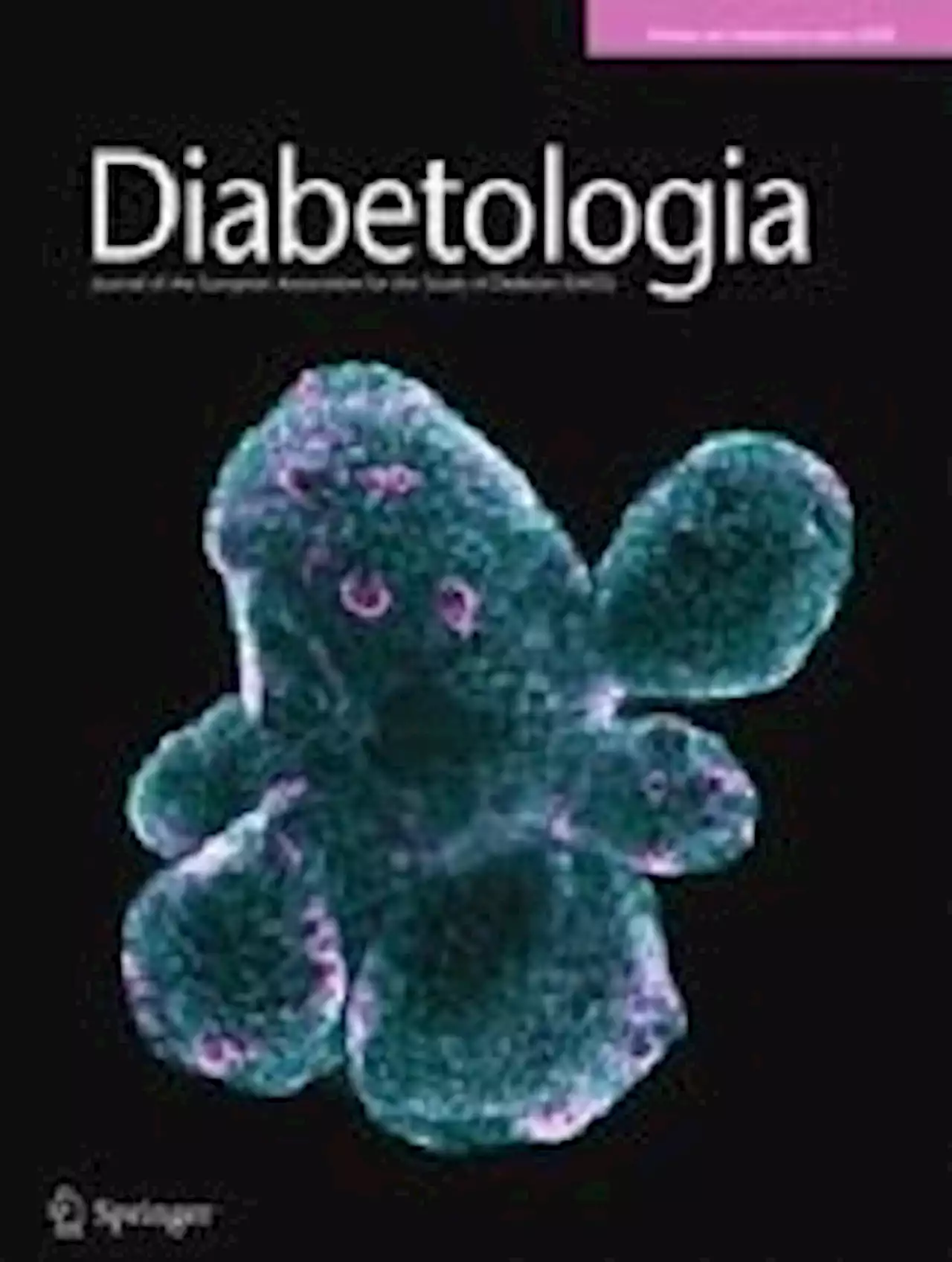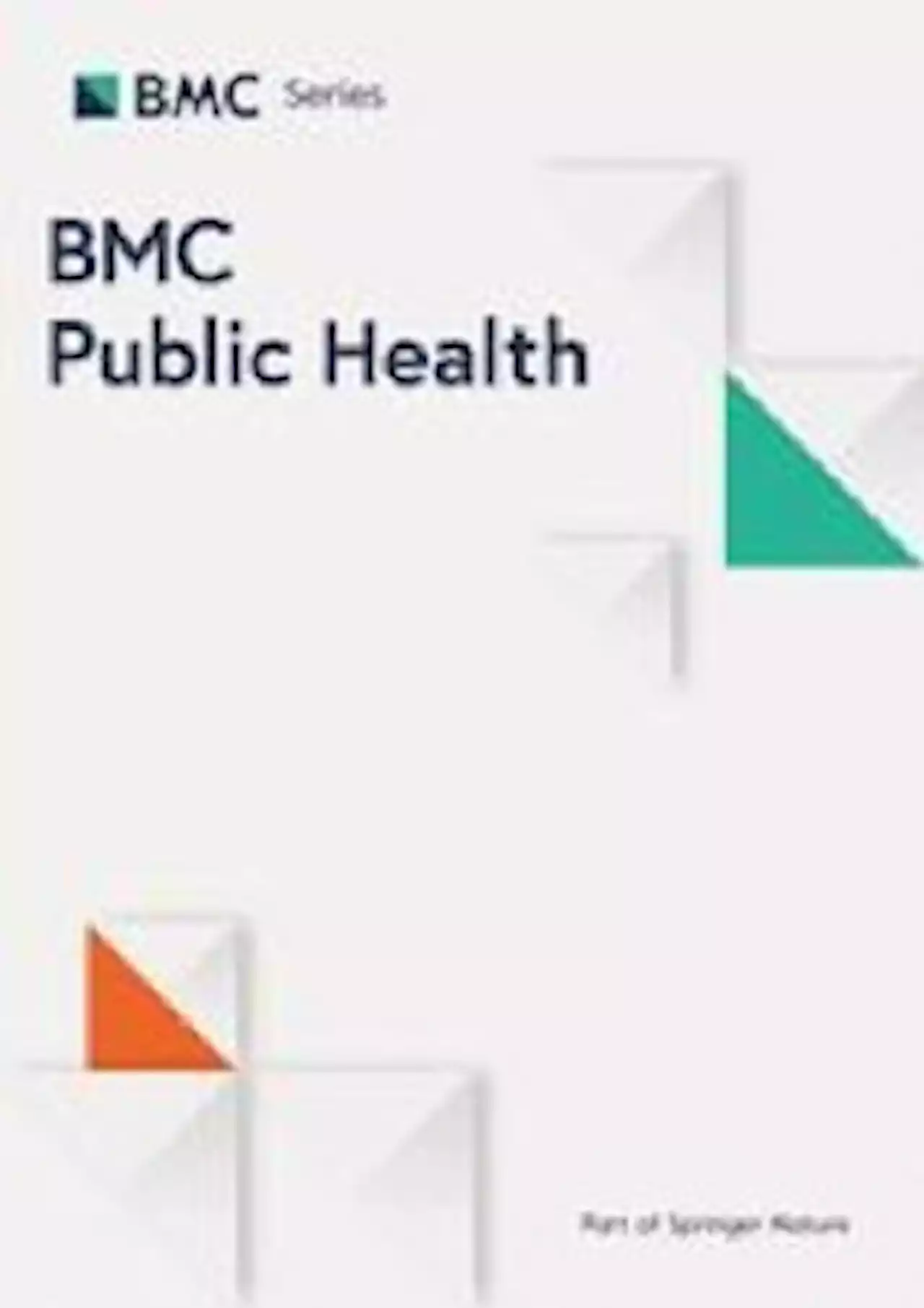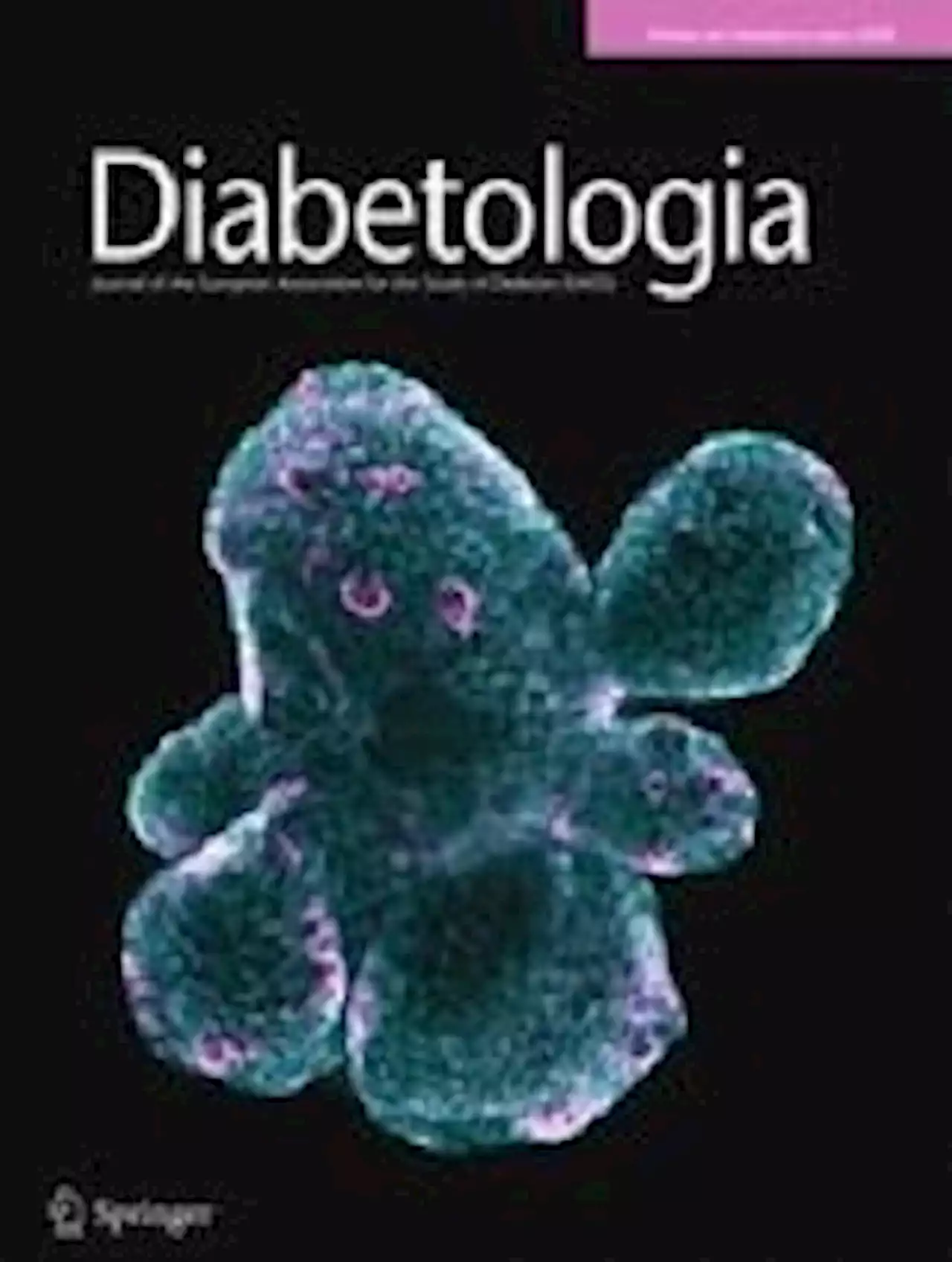Genetic variants may affect treatment response to commonly prescribed type 2 diabetes medication
This work was conducted with support from National Institutes of Health/NIDDK awards R01 GM117163, R01 DK088214, R03 DK077675 and P30 DK036836; from the Joslin Clinical Research Center from its philanthropic donors; and from the Harvard Catalyst: the Harvard Clinical and Translational Science Center . JHL received individual support from NIH T32DK007028 and NIDDK K23DK131345. LNB is supported by NIDDK K23DK125839. MSU is supported by NIDDK K23DK114551.
VK supervised participant recruitment, data collection, and IRB review and approval, and performed DNA extractions and managed GWAS genotyping. Quality control, imputation of the genetic data and GWAS analyses were performed by JMM. JHL, LNB, VK, KF, PS, AH-C and JMM performed follow-up of GWAS data analysis. JHL, LNB, VK, JMM and JCF contributed to the interpretation of the results. JHL, LNB, VK and JMM wrote and prepared the manuscript. All authors revised and approved the final manuscript.
United Kingdom Latest News, United Kingdom Headlines
Similar News:You can also read news stories similar to this one that we have collected from other news sources.
 Umbilical cord-derived mesenchymal stromal cells preserve endogenous insulin production in type 1 diabetes: a Phase I/II randomised double-blind placebo-controlled trial - DiabetologiaAim/hypothesis This study aimed to investigate the safety and efficacy of treatment with allogeneic Wharton’s jelly-derived mesenchymal stromal cells (MSCs) in recent-onset type 1 diabetes. Methods A combined Phase I/II trial, composed of a dose escalation followed by a randomised double-blind placebo-controlled study in parallel design, was performed in which treatment with allogeneic MSCs produced as an advanced therapy medicinal product (ProTrans) was compared with placebo in adults with newly diagnosed type 1 diabetes. Inclusion criteria were a diagnosis of type 1 diabetes 0.12 nmol/l. Randomisation was performed with a web-based randomisation system, with a randomisation code created prior to the start of the study. The randomisation was made in blocks, with participants randomised to ProTrans or placebo treatment. Randomisation envelopes were kept at the clinic in a locked room, with study staff opening the envelopes at the baseline visits. All participants and study personnel were blinded to group assignment. The study was conducted at Karolinska University Hospital, Stockholm, Sweden. Results Three participants were included in each dose cohort during the first part of the study. Fifteen participants were randomised in the second part of the study, with ten participants assigned to ProTrans treatment and five to placebo. All participants were analysed for the primary and secondary outcomes. No serious adverse events related to treatment were observed and, overall, few adverse events (mainly mild upper respiratory tract infections) were reported in the active treatment and placebo arms. The primary efficacy endpoint was defined as Δ-change in C-peptide AUC for a mixed meal tolerance test at 1 year following ProTrans/placebo infusion compared with baseline performance prior to treatment. C-peptide levels in placebo-treated individuals declined by 47%, whereas those in ProTrans-treated individuals declined by only 10% (p|0.05). Similarly, insulin requirements i
Umbilical cord-derived mesenchymal stromal cells preserve endogenous insulin production in type 1 diabetes: a Phase I/II randomised double-blind placebo-controlled trial - DiabetologiaAim/hypothesis This study aimed to investigate the safety and efficacy of treatment with allogeneic Wharton’s jelly-derived mesenchymal stromal cells (MSCs) in recent-onset type 1 diabetes. Methods A combined Phase I/II trial, composed of a dose escalation followed by a randomised double-blind placebo-controlled study in parallel design, was performed in which treatment with allogeneic MSCs produced as an advanced therapy medicinal product (ProTrans) was compared with placebo in adults with newly diagnosed type 1 diabetes. Inclusion criteria were a diagnosis of type 1 diabetes 0.12 nmol/l. Randomisation was performed with a web-based randomisation system, with a randomisation code created prior to the start of the study. The randomisation was made in blocks, with participants randomised to ProTrans or placebo treatment. Randomisation envelopes were kept at the clinic in a locked room, with study staff opening the envelopes at the baseline visits. All participants and study personnel were blinded to group assignment. The study was conducted at Karolinska University Hospital, Stockholm, Sweden. Results Three participants were included in each dose cohort during the first part of the study. Fifteen participants were randomised in the second part of the study, with ten participants assigned to ProTrans treatment and five to placebo. All participants were analysed for the primary and secondary outcomes. No serious adverse events related to treatment were observed and, overall, few adverse events (mainly mild upper respiratory tract infections) were reported in the active treatment and placebo arms. The primary efficacy endpoint was defined as Δ-change in C-peptide AUC for a mixed meal tolerance test at 1 year following ProTrans/placebo infusion compared with baseline performance prior to treatment. C-peptide levels in placebo-treated individuals declined by 47%, whereas those in ProTrans-treated individuals declined by only 10% (p|0.05). Similarly, insulin requirements i
Read more »
 Effect of sugar-sweetened beverage taxation on sugars intake and dental caries: an umbrella review of a global perspective - BMC Public HealthBackground As part of the Global Strategy on Oral health, the World Health Organization (WHO) is exploring cost-effective interventions for oral health, including taxation on sugar-sweetened beverages (SSBs). To inform this process, this umbrella review aimed to identify the best available estimates pertaining to the impact of SSB taxation on the reduction of sugars intake, and the sugars-caries dose–response, such that estimates of the impact of SSB taxation on averting dental caries in both high (HIC) and low and middle (LMIC) countries be available. Methods The questions addressed were: (1) what are the effects of SSB taxation on consumption of SSBs and (2) sugars? (3) What is the effect on caries of decreasing sugars? and (4) what is the likely impact of a 20% volumetric SSB tax on the number of active caries prevented over 10 years? Data sources included PubMed, Embase, Web of Science, Scopus, CINAHL, Dentistry and Oral Sciences Source, Cochrane Library, Joanna Briggs Institute (JBI) Systematic Review Register, and PROSPERO. The review was conducted with reference to JBI guidelines. The quality of included systematic reviews was assessed using AMSTAR to identify best evidence. Results From 419 systematic reviews identified for questions 1 & 2, and 103 for question 3, 48 (Questions 1 & 2) and 21 (Question 3) underwent full text screening, yielding 14 and five included reviews respectively. Best available data indicated a 10% tax would reduce SSB intake by 10.0% (95% CI: -5.0, 14.7%) in HIC and by 9% (range -6.0 to 12.0%) in LMIC, and that a 20% tax would reduce free sugars intake on average by 4.0 g/d in LMIC and 4.4 g/d in HIC. Based on best available dose response data, this could reduce the number of teeth with caries per adults (HIC and LMIC) by 0.03 and caries occurrence in children by 2.7% (LMIC) and 2.9% (HIC), over a 10-year period. Conclusion Best available data suggest a 20% volumetric SSB tax would have a modest impact on prevalence and severity of de
Effect of sugar-sweetened beverage taxation on sugars intake and dental caries: an umbrella review of a global perspective - BMC Public HealthBackground As part of the Global Strategy on Oral health, the World Health Organization (WHO) is exploring cost-effective interventions for oral health, including taxation on sugar-sweetened beverages (SSBs). To inform this process, this umbrella review aimed to identify the best available estimates pertaining to the impact of SSB taxation on the reduction of sugars intake, and the sugars-caries dose–response, such that estimates of the impact of SSB taxation on averting dental caries in both high (HIC) and low and middle (LMIC) countries be available. Methods The questions addressed were: (1) what are the effects of SSB taxation on consumption of SSBs and (2) sugars? (3) What is the effect on caries of decreasing sugars? and (4) what is the likely impact of a 20% volumetric SSB tax on the number of active caries prevented over 10 years? Data sources included PubMed, Embase, Web of Science, Scopus, CINAHL, Dentistry and Oral Sciences Source, Cochrane Library, Joanna Briggs Institute (JBI) Systematic Review Register, and PROSPERO. The review was conducted with reference to JBI guidelines. The quality of included systematic reviews was assessed using AMSTAR to identify best evidence. Results From 419 systematic reviews identified for questions 1 & 2, and 103 for question 3, 48 (Questions 1 & 2) and 21 (Question 3) underwent full text screening, yielding 14 and five included reviews respectively. Best available data indicated a 10% tax would reduce SSB intake by 10.0% (95% CI: -5.0, 14.7%) in HIC and by 9% (range -6.0 to 12.0%) in LMIC, and that a 20% tax would reduce free sugars intake on average by 4.0 g/d in LMIC and 4.4 g/d in HIC. Based on best available dose response data, this could reduce the number of teeth with caries per adults (HIC and LMIC) by 0.03 and caries occurrence in children by 2.7% (LMIC) and 2.9% (HIC), over a 10-year period. Conclusion Best available data suggest a 20% volumetric SSB tax would have a modest impact on prevalence and severity of de
Read more »
 Artificial viral vectors constructed from bacteriophage T4 show promise for advanced gene deliveryResearch presents an assembly-line approach using bacteriophage T4 components to construct artificial viral vectors (AVVs). These AVVs have the potential to revolutionize gene therapies and personalized medicine by enabling the efficient delivery of biomolecules for molecular repairs and genome remodeling.
Artificial viral vectors constructed from bacteriophage T4 show promise for advanced gene deliveryResearch presents an assembly-line approach using bacteriophage T4 components to construct artificial viral vectors (AVVs). These AVVs have the potential to revolutionize gene therapies and personalized medicine by enabling the efficient delivery of biomolecules for molecular repairs and genome remodeling.
Read more »
 Is having a new child associated with increased antidepressant treatment in men?Is having a new child associated with increased antidepressant treatment in men? JAMANetworkOpen ucl child antidepressant depression mentalhealth mensmentalhealth menshealth father fatherhood postpartumdepression
Is having a new child associated with increased antidepressant treatment in men?Is having a new child associated with increased antidepressant treatment in men? JAMANetworkOpen ucl child antidepressant depression mentalhealth mensmentalhealth menshealth father fatherhood postpartumdepression
Read more »
 New jobs as Co-op store opens in Nottinghamshire villageA brand new Co-op store has opened its doors in a Nottinghamshire village
New jobs as Co-op store opens in Nottinghamshire villageA brand new Co-op store has opened its doors in a Nottinghamshire village
Read more »
‘Primate AI algorithm’ predicts genetic health risks\n\t\t\tKeep abreast of significant corporate, financial and political developments around the world.\n\t\t\tStay informed and spot emerging risks and opportunities with independent global reporting, expert\n\t\t\tcommentary and analysis you can trust.\n\t\t
Read more »
